Center for Restorative Justice and the Institute for Restorative Schools

This website offers programming in restorative practices for all members of the school community – teachers, administrators, support staff, SROs, parents, and students – to assist schools in the development, implementation, and evaluation of school-based restorative practices. The Institute for Restorative Schools is based at the Center for Restorative Justice at Suffolk University in Boston, MA. Source… Read More ›
Student Success Skills
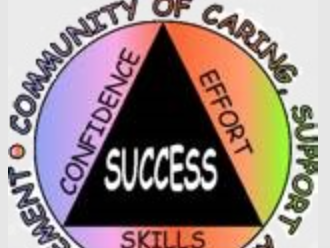
This tool is designed to teach students cognitive, social, and self-management skills. The program, from Student Success Skills, can be led by a school counselor. Counselors conduct the program with classes or groups of students over five weeks. Teachers sit in to learn more about these skills so they can encourage skill development throughout the year.… Read More ›
Social Emotional Learning in High School: How Three Urban High Schools Engage, Educate, and Empower Youth
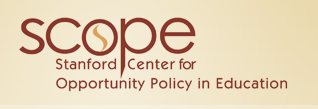
This research series from the Stanford Center for Opportunity Policy in Education documents practices at three small urban high schools that effectively leverage a systemic school-wide focus on social and emotional learning to educate and empower their students. These schools work to educate the “whole child” by building their ability to know themselves, grow and… Read More ›
‘Restorative Justice’ A New Approach to Discipline at School
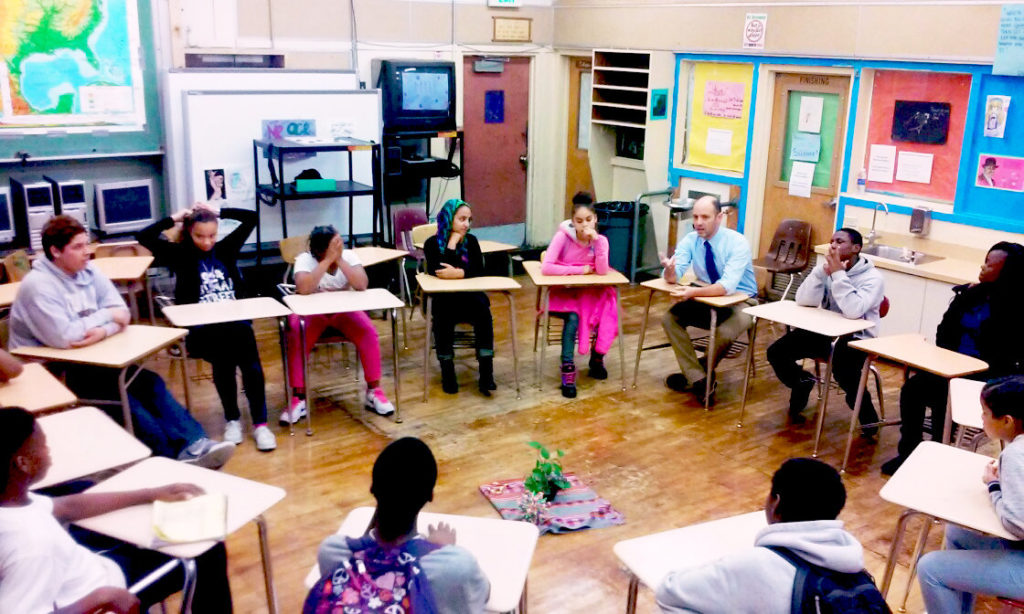
This radio report is the second of a two-part series on restorative justice, aired on NPR’s All Things Considered radio program. The reporter sits in on a harm circle held after a fight at an Oakland, California, middle school. The report features the voices of students, parents, and educators participating in the circle and gives… Read More ›
Implementing Restorative Justice: A Guide for Schools
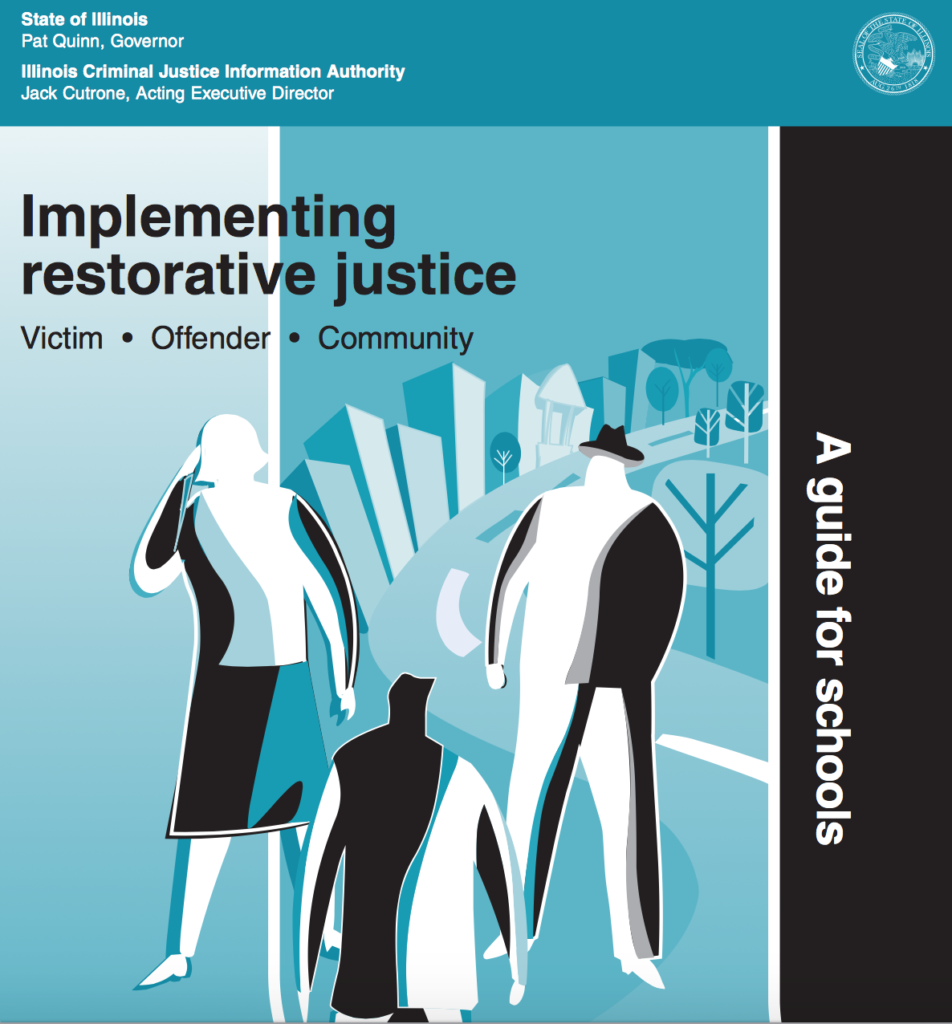
This guide was created by the Illinois Criminal Justice Information Authority for schools in the state of Illinois. It was designed to help school staff understand restorative practices, reduce the need for involvement of the juvenile justice system in school discipline, and create and maintain positive school-wide communities. The guide provides an excellent overview of… Read More ›
Teaching Restorative Practices with Classroom Circles
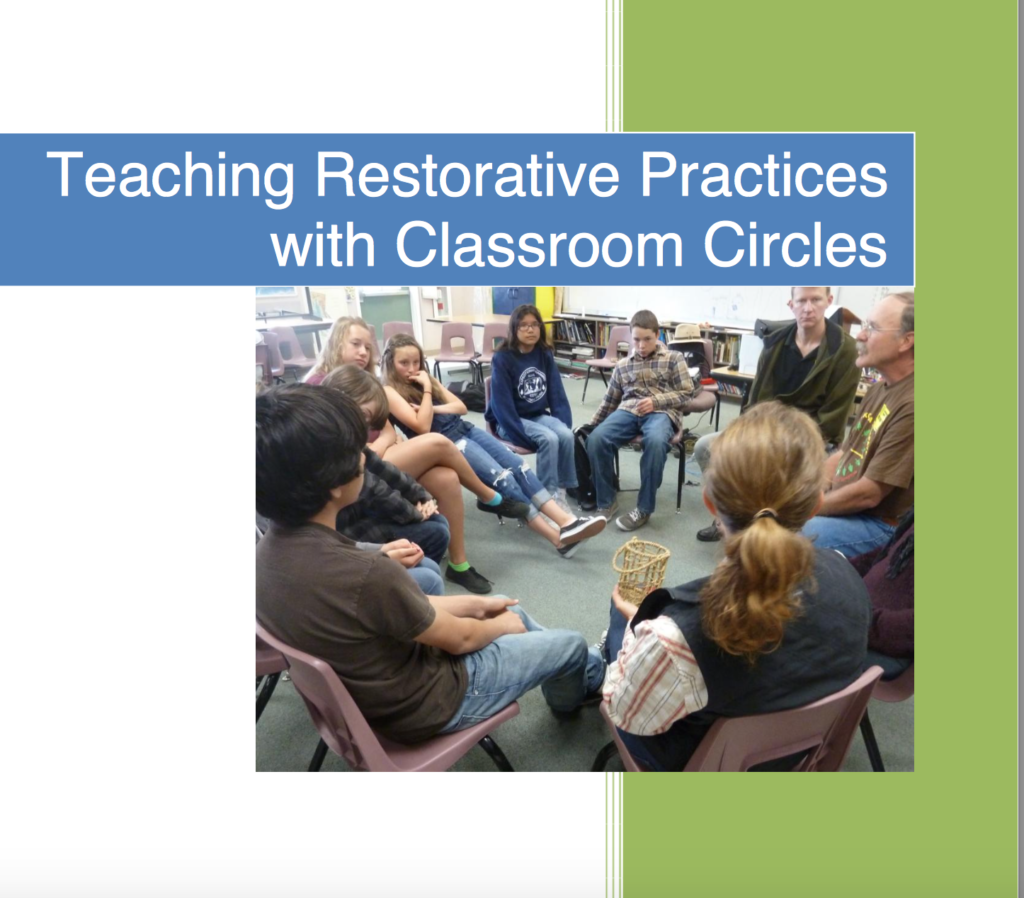
This guide was produced by the San Francisco Unified School District’s Student, Family, and Community Department, which works to achieve the district goals of Access and Equity, Student Achievement, and Accountability. This accessible guide provides an excellent overview of the restorative practice of classroom circles. It lays out in detail how to implement a variety… Read More ›
American Association of School Librarians Standards for the 21st-Century Learner
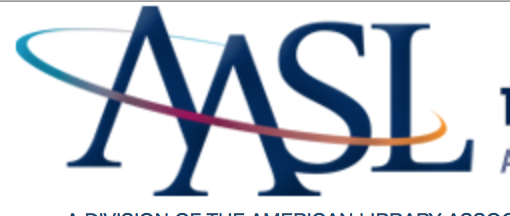
The American Association of School Librarians’ (AASL) learning standards offer a vision for teaching and learning to guide the school library profession as education leaders. These learning standards can shape the library program and serve as a tool for school librarians to shape the learning of students in their schools. The web page includes links… Read More ›
Educators’ Social and Emotional Skills Vital to Learning
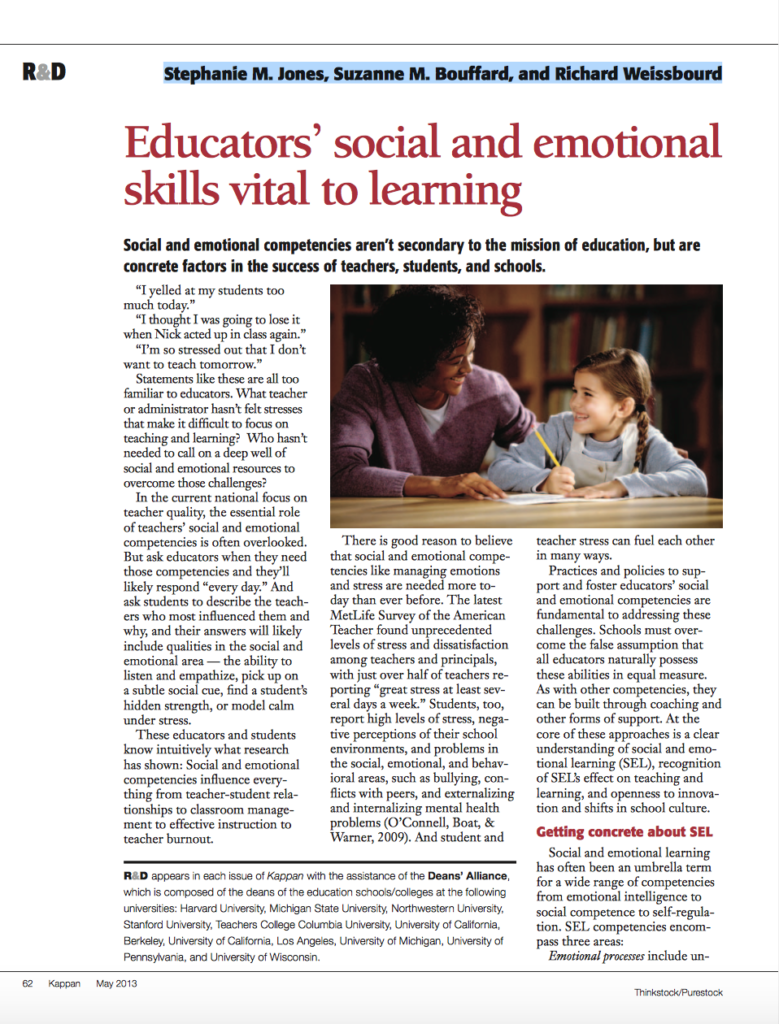
This article focuses on teachers’ own social and emotional learning. It asserts the importance of social and emotional skills within the teaching profession and the needed and difficult cultural shift to more openly address this type of skill development within a school. The article describes promising interventions to support teachers’ social and emotional skills and… Read More ›
Social and Emotional Learning in Schools From Programs to Strategies
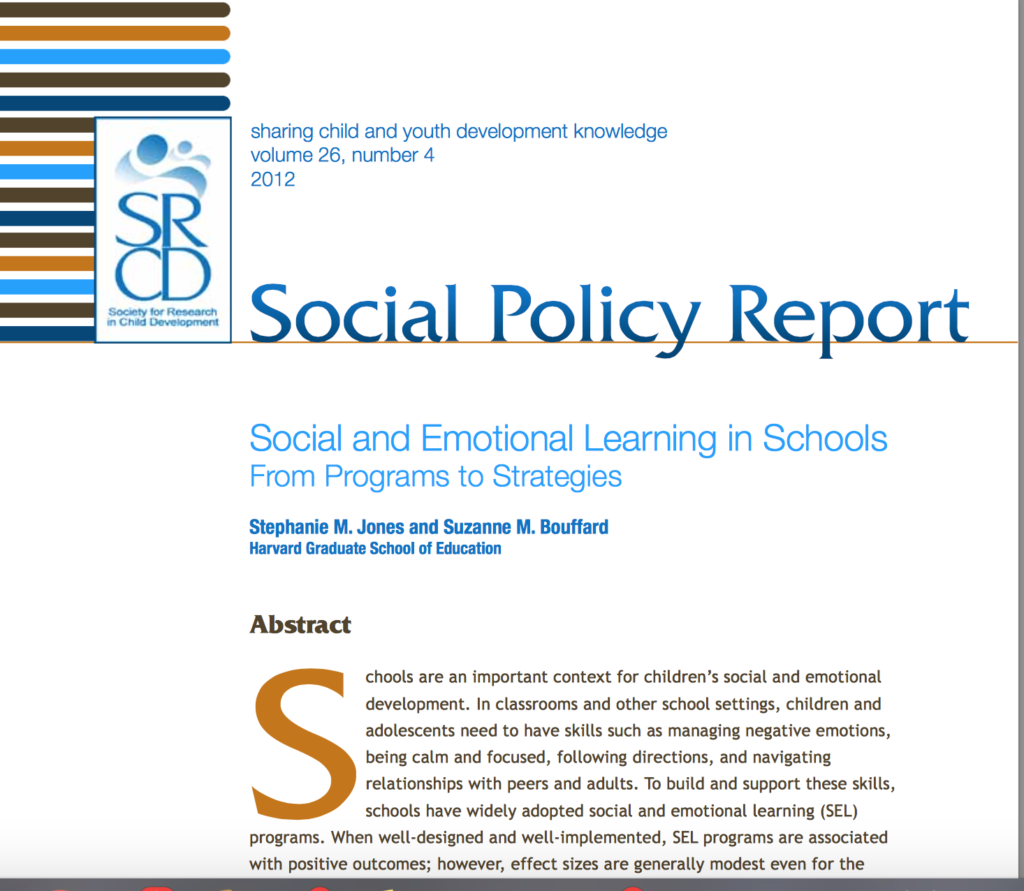
This report explores a more integrated approach to teaching social and emotional skills in schools. While well-implemented SEL programs have shown positive results, this issue of Social Policy Report proposes that schools should consider a new approach: integrating the teaching and reinforcement of SEL skills in their daily interactions and practices with students. It explains… Read More ›
Why is Student Voice Important in Education? (Video)
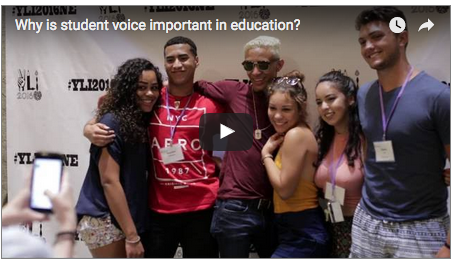
This short video produced by the Nellie Mae Education Foundation discusses the importance of including student voice in all aspects of the education they are consuming. In this dynamic video students, teachers, and administrators share their views on making education more personal, relevant, and engaging. For the general public this video is an excellent promotion for… Read More ›
Putting Students in Charge of Their Own Learning
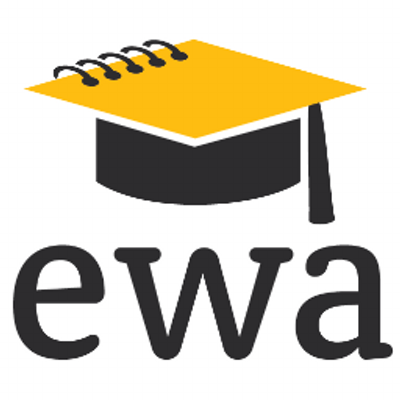
This post can be originally found on the Education Writers Association website, as part of their Educated Reporter series led by Emily Richmond. Imagine you’re a student: You walk into school and check an electronic board for your name and where you go for the day. At the assigned station, you and a small group of fellow students… Read More ›
Community Engagement and Student-Centered Learning
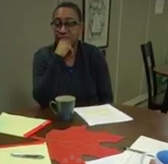
This video, which is a part of the Community Engagement series by Nellie Mae Education Foundation, discusses the many reasons why community engagement is so vital to successful student-centered learning. Source Organization: Nellie Mae Education Foundation